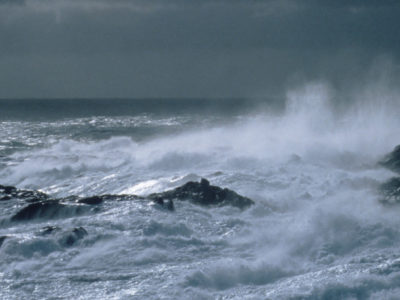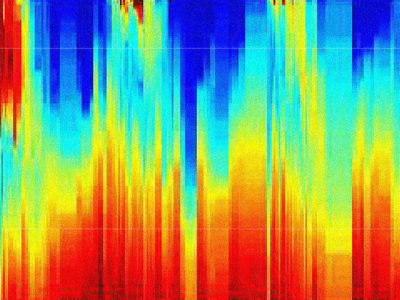Research projects
Filter:
Filtered:
See also Polar Oceans team

A23 repeat section
Understanding Antarctic Bottom Water (AABW) and its affect on global ocean circulation.
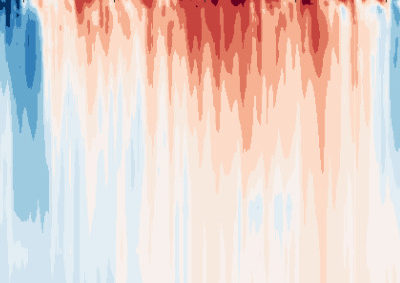
ACSIS
Major changes are occurring across the North Atlantic climate system: in the ocean and atmosphere temperatures and circulation, in sea ice thickness and extent, and in key atmospheric constituents such …
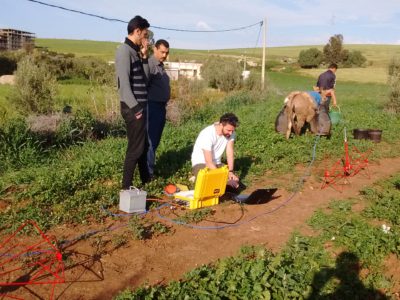
ApRES and groundwater
The aim of this study is to investigate whether a technique developed to measure the basal meltrate of ice shelves can be used to monitor groundwater in arid and semi-arid …
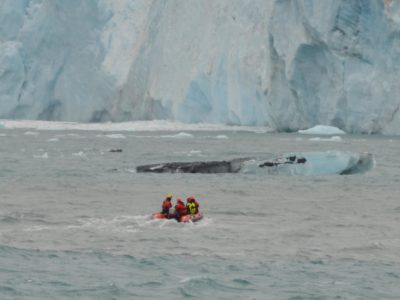
BIOPOLE
Overview Climate change is proceeding faster at the poles than any other region, with sea-ice retreating, glaciers melting and biotic communities being invaded by sub-polar species. These changes are affecting …

DEFIANT
Overview While climate models suggest Antarctic sea ice extent should also reduce in response to rising atmospheric CO2 concentraions, satellite observations reveal that during 1979-2015 the opposite was in fact …
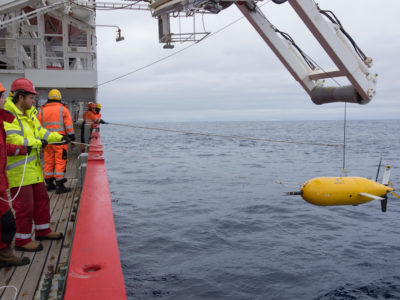
DynOPO
Dynamics of the Orkney Passage Outflow (DynOPO) is a collaboration between BAS, the University of Southampton and the National Oceanography Centre (NOC). The project aims to investigate the flow of …
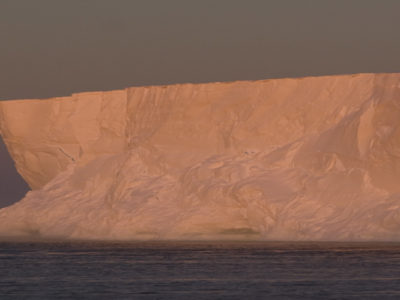
iSTAR-A Ocean2Ice Processes and variability
iStar-B strives to better understand ocean and ice interaction, processes and variability
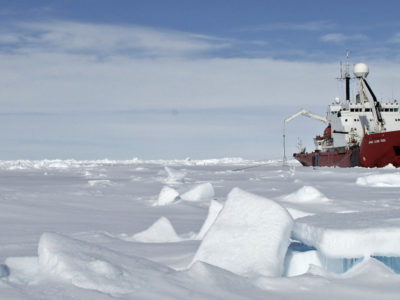
iSTAR-B Ocean circulation and melting beneath the ice shelves of the south-eastern Amundsen Sea
iStar-B studies ocean circulation and melting beneath the ice shelves of the south-eastern Amundsen Sea
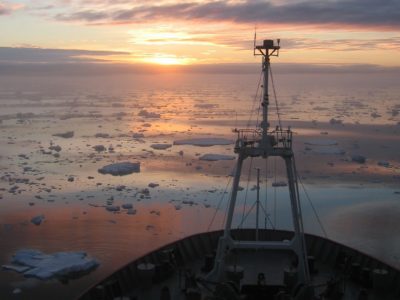
ORCHESTRA
Understanding the Ocean Regulation of Climate by Heat, Carbon Sequestration and Transports

SO-ICE
The European Space Agency (ESA) Southern Ocean-Ice Shelf Interactions (SO-ICE) project is a collaborative research project bringing together the ESA Polar+ Ice Shelves and 4D Antarctica projects, and the European …
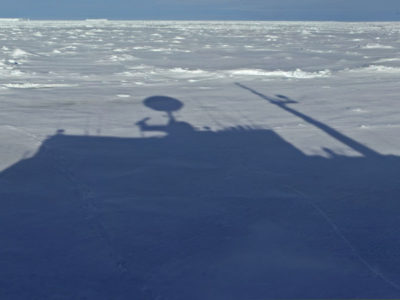
TEA-COSI
TEA_COSI assesses Arctic Sea-ice which has an important impact on currents and ocean circulations around the globe

UKESM-BAS
Reliable projections of the Earth’s climate are at the heart of scientific support for international efforts to address global change. There is increasing recognition that reliable projections require that physical …
